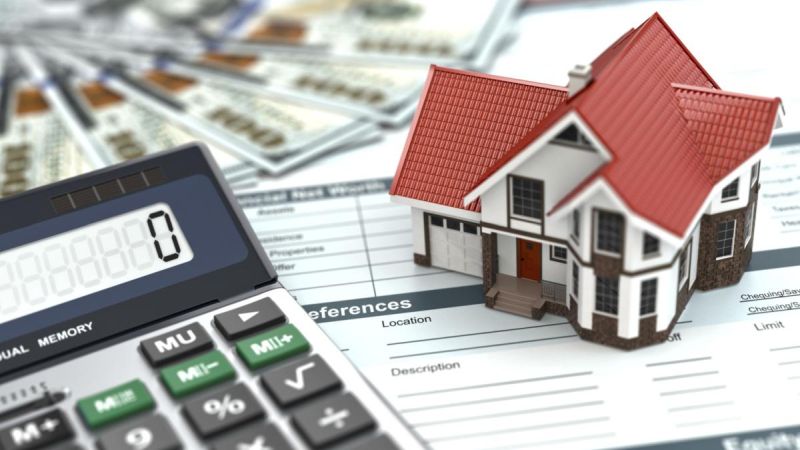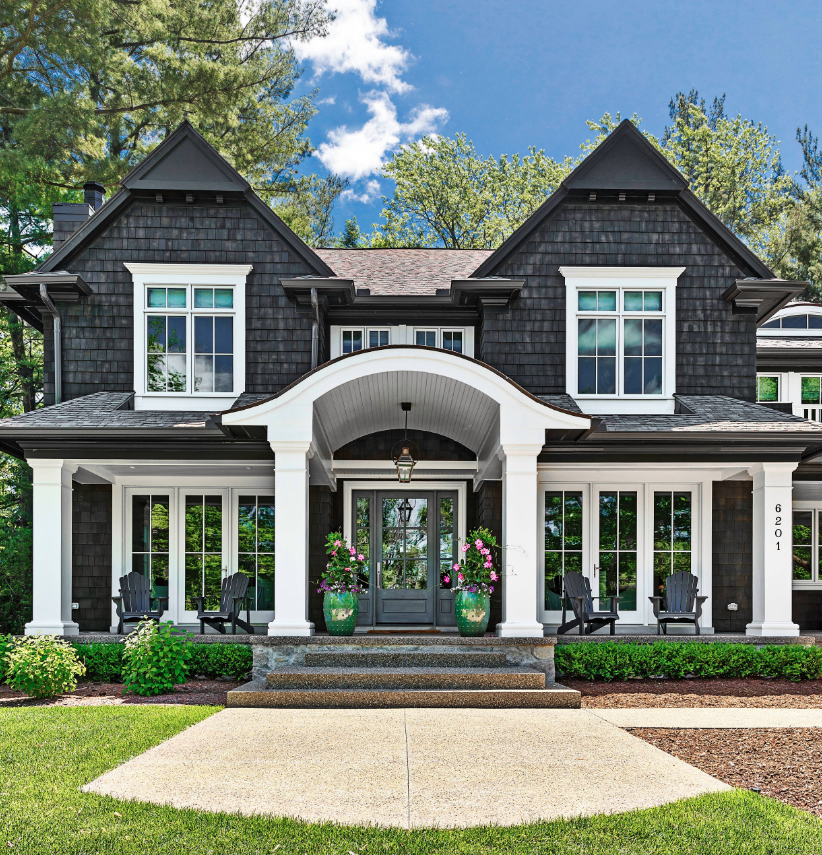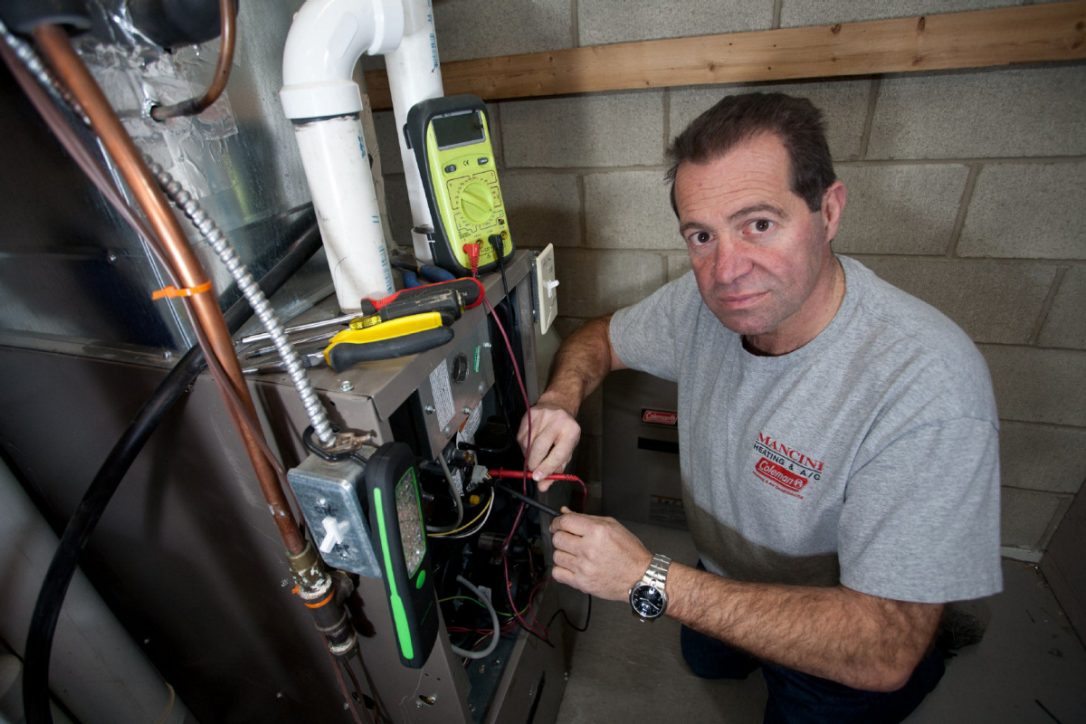How Much House Can You Buy? Learn to Calculate Your Closing Costs

Buying a new house? Here is how to calculate your closing costs!

Saving up for your home purchase can be a tough proposition. It’s not always that the money is an issue, it’s that understanding how much money you need can be an issue. Most homeowners understand the amount they need to save for a down payment, and it’s easy to adjust it to suit different loan types when you set a savings goal. What’s harder is predicting all the fees related to closing and what they will weigh in at. There are two ways to do this. A precise accounting of your upcoming expenses can help you figure out what you will need before closing and what you will need on the day you take possession. Then, a good look at local average costs will help you get an idea of the ballpark cost of those items together.
Why Use Average Costs?
Your precise mortgage closing costs will depend on a lot of factors, including the financing company you use, the title company that handles the deed transfer, your choice of insurance carriers and home inspectors, and so on. You can easily look up some prices to fill in the gaps on most items, but the precise cost factors that go into loan origination and title changes can be difficult to predict ahead of time. Using average closing costs for your area lets you deduct those items that are easy to budget and get an idea what the total estimate for your soft numbers will look like. This makes it easier to prepare those individual line items early, so you can handle things like appraisals and home inspections.
Making Your List
Most home purchases in the U.S. require all of these extras and fees. Some areas may require additional steps before real estate changes hands, or they might break down these general categories into several line items. Make sure you do research specific to your area or ask a lender like Sun West Mortgage to guide you through the budgeting process as you approach your home shopping season.
- Title fees and title insurance
- Home inspections
- Appraisals
- Loan origination fees
- Points in the loan
- Escrow deposits for insurance and taxes
- Closing fees
Some of these items might be itemized as several more detailed items, like closing fees. Some might have a slightly different name. Even so, by researching these costs to the best of your ability and comparing average closing costs for different price points in your area, you will make it easier to find the right home when you are ready to buy. If you can figure out a good closing cost estimate before you even talk to a lender, you can approach preapproval with confidence, too.







Leave a Comment